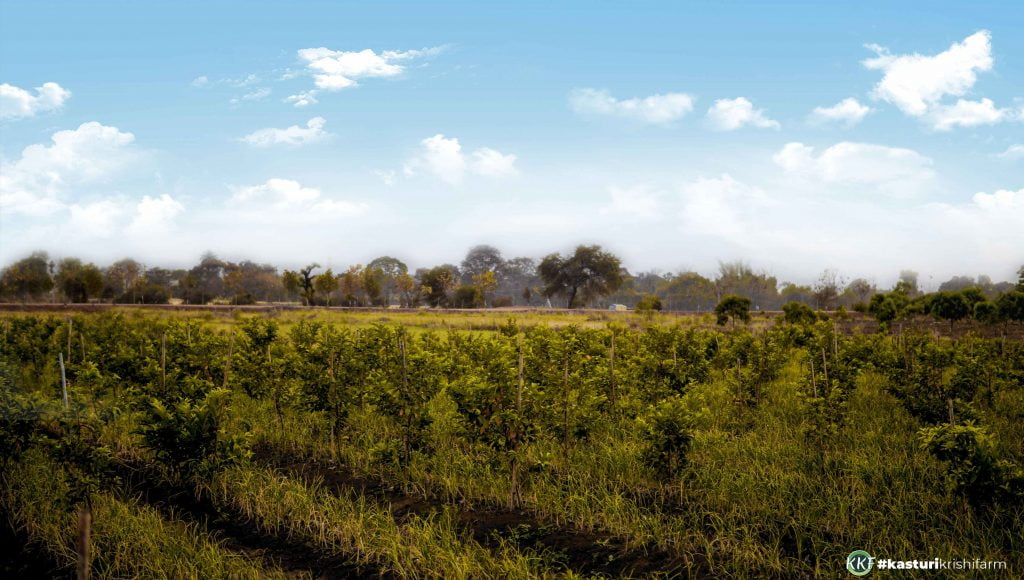Kasturi Krishi Farmhttps://kasturikrishifarm.com/
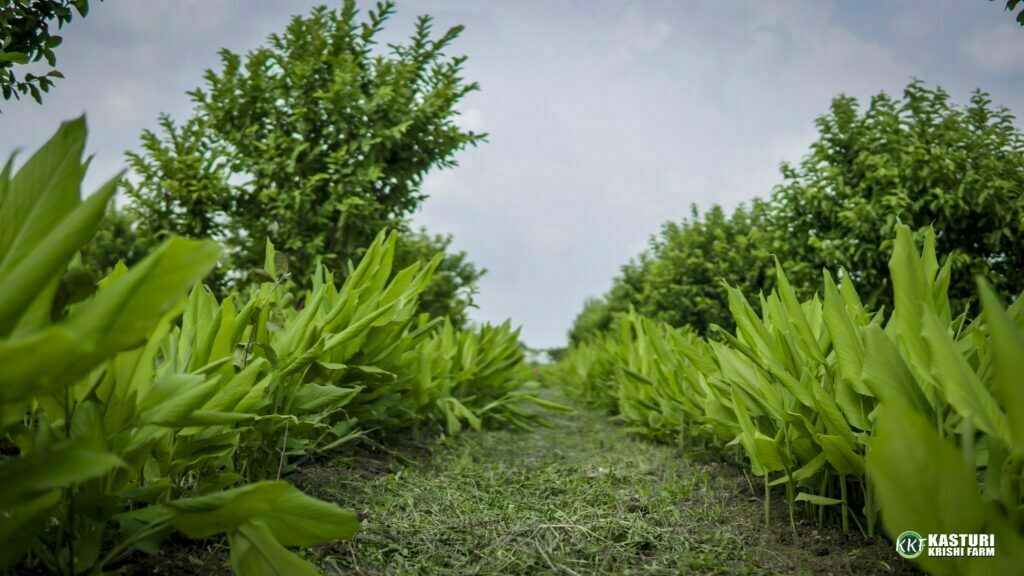
Organic and conventional farming is fundamentally different in that conventional farming uses chemicals to control pests and weeds and to provide plant nutrition. Insecticides, herbicides, and fertilizers are all synthetic. Organic farming, on the other hand, relies on natural principles such as biodiversity and composting to provide healthy, abundant food.
“Organic production” is described as “not simply avoiding or substituting natural inputs with synthetic inputs.” Crop rotations and the utilization of composted animal manures and green manure crops, which have been practiced for thousands of years, are used by organic farmers in ways that are economically viable in today’s culture. In organic production, which emphasizes whole system health, the interaction of management methods is the fundamental issue. “Organic growers use a number of strategies to promote and maintain biological diversity and replenish soil fertility” (USDA, 2007).
ORGANIC FRESH
To improve soil quality, composition, and fertility, use natural fertilizers, crop rotation, and cover crops.
To control weeds, use crop rotation, mulch, and human or machine weeding.
To control insects, use beneficial insects, trap crops, and crop rotation.
To control disease, use cover crops, and crop rotation.
CONVENTIONAL FRESH
Chemical fertilizers are used.
Chemical insecticides are used.
Chemical herbicides are used to kill weeds.
Use of genetically modified organisms (GMOs) to produce predictable crops
Only one or two crops are grown on the same field per growing season or year.
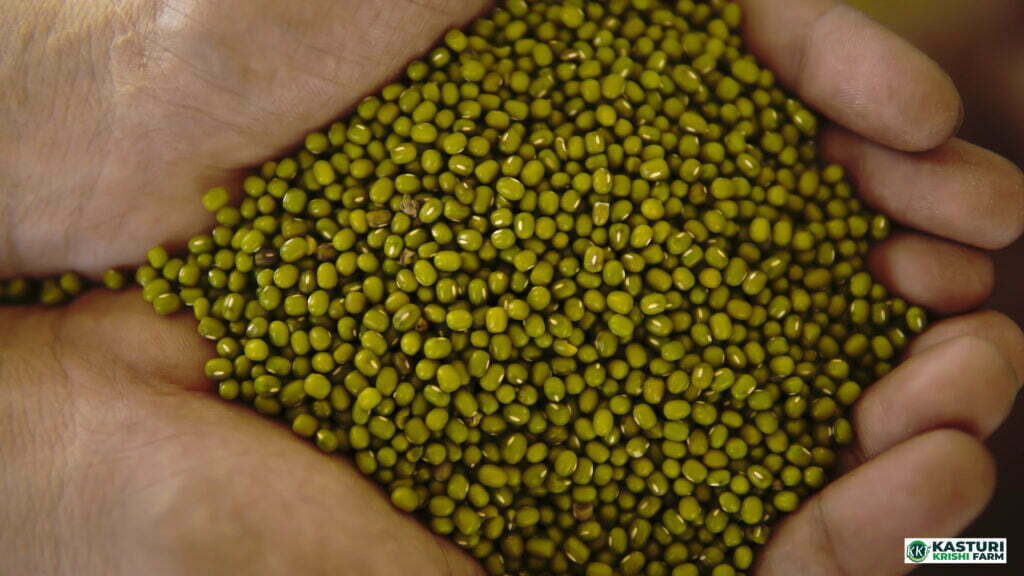
Organic Farming’s Benefits
- Increased levels of health
- Soil pollution is avoided, and groundwater pollution is reduced.
- Insect safeguarding
- More long-term
- Garbage that is organic can be composted and reused.
- Organic food may have a better flavour.
- On average, better nutritional values
- You may save money by growing your own organic plants.
- GMOs are not used (genetically modified organisms)
- Better for our environment, better for farmer health
- Pollination may be easier in a more original style of farming.
Organic Gardening’s Drawbacks
- Initially, there are significant costs.
- It’s possible that it’s not appropriate for large-scale production.
- Problems with pests
- For the poor, products may be prohibitively expensive.
- Regulatory requirements may be difficult to meet.
- Costs of certification are high.
- Small farmers may be forced to close their shops.
- Organic farming might take a long time.
- Organic farming necessitates a great deal of information.
- Unpleasant odour
- There is a lot of variation in output and quality.
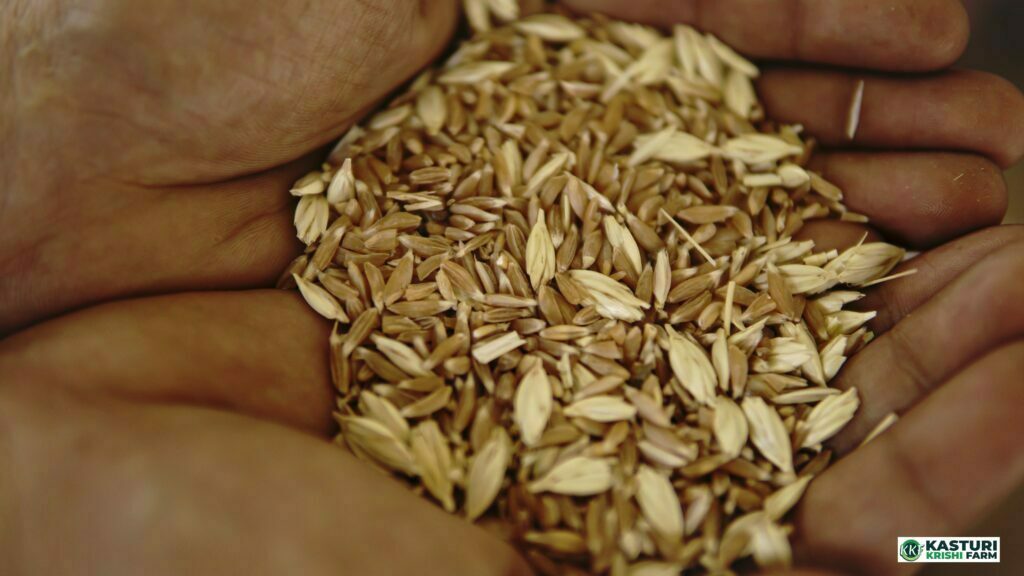
Conclusion
Traditional farming methods can be replaced with organic farming. It does, however, indicate some significant disadvantages. Even if organic food is currently popular, the future will tell whether or not people prefer conventional fruits and vegetables in the long term.
FAQ
1 What are the similarities and differences between organic and conventional farming?
In traditional farming, chemical fertilizers are utilized to promote plant development, whereas, in organic farming, manure and compost are used to fertilize the soil. To control pests, conventional farmers utilize pesticides, but organic farmers use insects and birds, mating disruption, or traps.
2 What are the different methods of organic farming?
Crop rotation, green manures and compost, biological pest management, and mechanical cultivation are all important aspects of organic farming.
3 What is the difference between organic and inorganic farming?
Chemical fertilizers aid plant development in both organic and conventional farming. Natural fertilizers, such as manure or compost, are used to feed soil and plants in organic farming. Weeds are controlled through crop rotation, tilling, hand weeding, or mulching.
Organic Farming’s Benefits
- Increased levels of health
- Soil pollution is avoided, and groundwater pollution is reduced.
- Insect safeguarding
- More long-term
- Garbage that is organic can be composted and reused.
- Organic food may have a better flavour.
- On average, better nutritional values
- You may save money by growing your own organic plants.
- GMOs are not used (genetically modified organisms)
- Better for our environment, better for farmer health
- Pollination may be easier in a more original style of farming.
Organic Gardening’s Drawbacks
- Initially, there are significant costs.
- It’s possible that it’s not appropriate for large-scale production.
- Problems with pests
- For the poor, products may be prohibitively expensive.
- Regulatory requirements may be difficult to meet.
- Costs of certification are high.
- Small farmers may be forced to close their shops.
- Organic farming might take a long time.
- Organic farming necessitates a great deal of information.
- Unpleasant odour
- There is a lot of variation in output and quality.
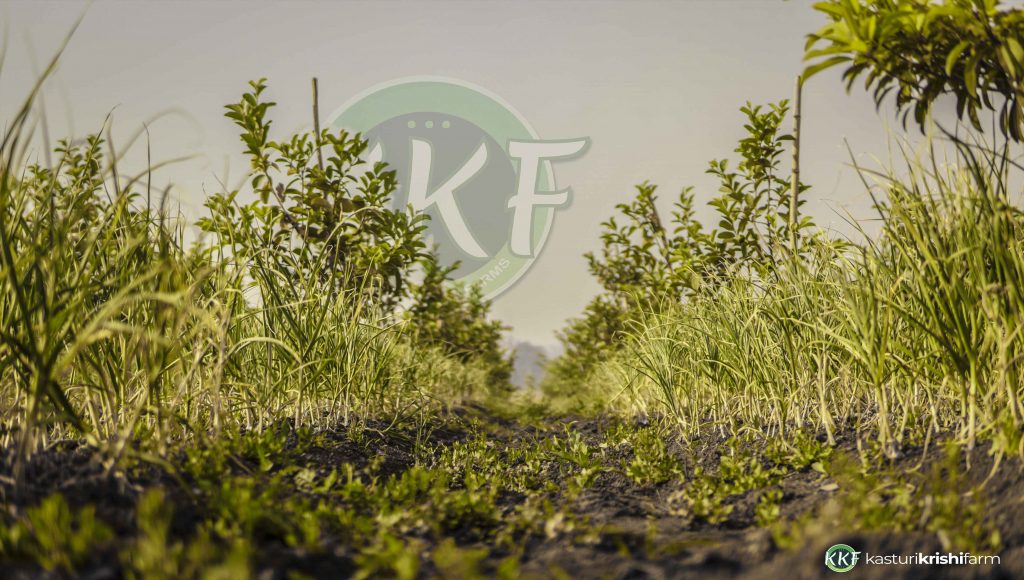
Conclusion
Traditional farming methods can be replaced with organic farming. It does, however, indicate some significant disadvantages. Even if organic food is currently popular, the future will tell whether or not people prefer conventional fruits and vegetables in the long term.
FAQ
1 What are the similarities and differences between organic and conventional farming?
In traditional farming, chemical fertilizers are utilized to promote plant development, whereas, in organic farming, manure and compost are used to fertilize the soil. To control pests, conventional farmers utilize pesticides, but organic farmers use insects and birds, mating disruption, or traps.
2 What are the different methods of organic farming?
Crop rotation, green manures and compost, biological pest management, and mechanical cultivation are all important aspects of organic farming.
3 What is the difference between organic and inorganic farming?
Chemical fertilizers aid plant development in both organic and conventional farming. Natural fertilizers, such as manure or compost, are used to feed soil and plants in organic farming. Weeds are controlled through crop rotation, tilling, hand weeding, or mulching.
